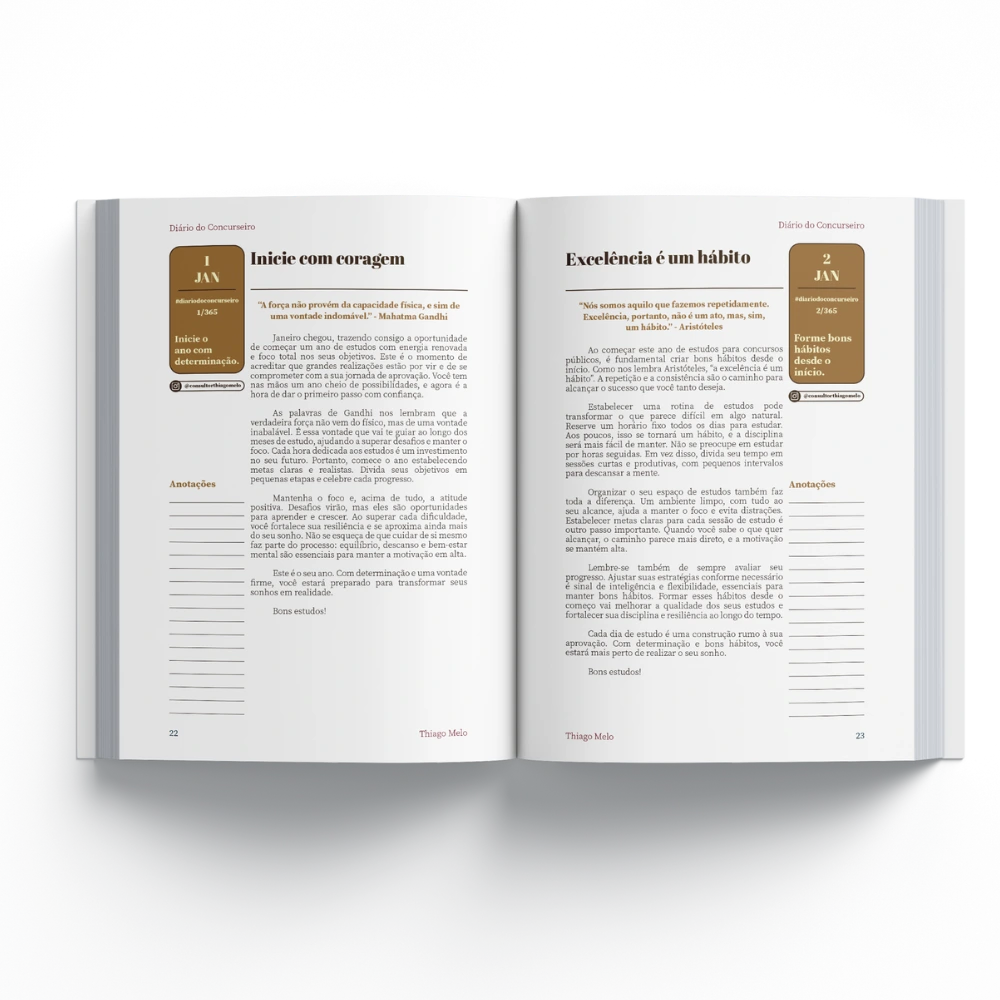Mastering 'How Do You Spell': Everyday Words And Quirky Sounds For Today
Figuring out 'how do you spell' something can feel like a little puzzle sometimes, you know? It's not just about getting letters in the right order for common words; it's also about capturing all those interesting sounds we hear and make every single day. As a matter of fact, our language has some pretty cool ways of showing us how to write down everything from a chicken's happy little noise to the sound of a bad joke.
You might be wondering, actually, why some words seem easy to spell while others make you pause. There's a whole world of thought behind how we put letters together, especially when we're trying to put down a sound that just pops into our heads. It's a rather fascinating aspect of English, and we're going to look at some examples, so you can feel more sure about your spelling adventures.
This article, you know, will walk you through some common spelling questions and even some fun sound spellings. We will explore how different noises get their written forms and consider some words that people often get mixed up. By the end of this, you will have a better grasp on how to approach those "how do you spell" moments, perhaps, with a bit more confidence.
- How To Cook Scallops
- Space City Home Network
- Two Person Yoga Poses
- Ap Classroom Unit 6 Progress Check Mcq Answers Ap Lang
- Drew Pritchard Divorce
Table of Contents
- The Basics of Sound Spelling
- Capturing Animal Noises and Expressions
- Making Words from a Jumble of Letters
- Spelling Sounds of Human Experience
- Clearing Up Common Spelling Mix-Ups
- Frequently Asked Questions About Spelling
The Basics of Sound Spelling
When we think about 'how do you spell' a sound, it's pretty interesting, actually, that sounds are, in a way, often spelled phonetically. This means, you know, we try to write them down in a way that matches how they sound when spoken aloud. It's a bit like trying to draw a picture of a noise with letters.
For instance, a soft, drawn-out sound of discomfort, like a moan, could be written as "mmmmm," more or less. That repetition of the "m" really stretches out the sound, doesn't it? It gives you a good idea of what it sounds like, just by looking at the letters.
Then again, you might have a deeper, perhaps more guttural sound, like a groan. This one, you know, often gets spelled as "errrrggggh." It's a bit more complex, with those extra letters really trying to capture the rougher quality of the sound. It is a good example of how we adapt spelling to fit the feeling of the noise.
- Help I Accidentally Forgot How Gravity Works
- Dubai Strawberry Cup Near Me
- Highest Block Blast Score
- Who Won The Voice 2025
- Timothee Chalamet Net Worth
It's true, though, that some sounds, over time, develop a common spelling. This can happen, of course, as people start to agree on one particular way to write a noise. It becomes a kind of shared understanding, which helps us all know what sound is being talked about, even if it's just a little bit.
This idea of common spellings is, arguably, a big part of how language grows. We collectively decide on the best way to represent something in writing. It's a rather organic process, you know, that keeps our language flexible and pretty communicative.
Capturing Animal Noises and Expressions
Let's consider, for example, the sound a chicken makes. It's spelled "cluck," you know. This simple word, really, brings to mind a very specific image and sound. You can just imagine a happy little hen, perhaps, wandering around the farm, spreading joy with each gentle "cluck."
It's a very simple and delightful word, isn't it? The "cl" sound at the beginning, followed by the "uck," pretty much perfectly mimics the short, sharp sound a chicken makes. It shows how effective onomatopoeia can be in our language, actually.
This kind of spelling, you know, helps us connect with the animal and its actions. It's more than just letters; it's a feeling, a little snapshot of farm life. It just goes to show how words can paint a picture, even when they are just trying to describe a sound.
Making Words from a Jumble of Letters
Sometimes, the question of 'how do you spell' isn't about a sound, but about what words you can create from a mix of letters. For instance, if you have the letters P, A, E, Y, you might wonder what words you can make with these letters.
Well, as a matter of fact, these letters can spell a few different words. You can make the three-letter words "ape," "pay," "pea," and "yea." It's quite interesting how those same four letters can rearrange themselves into distinct meanings, you know.
And then, you can also spell the two-letter word "pa." It's like finding hidden treasures within a small collection of letters. Each letter, you know, is like a tiny, delicate brushstroke on a canvas. When they come together, they create something new and meaningful.
This exercise, really, shows us how versatile our alphabet is. Just a few letters can combine in different ways to form a variety of words, each with its own story. It's a bit of a fun game, actually, to see what you can discover from a simple set of letters.
Spelling Sounds of Human Experience
The Drum Roll After a Joke
Have you ever heard that specific sound that drums make after a joke, especially a not-so-great one? It's spelled as "ba dum tss," you know. This sound is, in a way, universally recognized as the punchline drum roll.
It's like the drummer is, perhaps, trying to salvage the awkward silence that often follows a bad punchline. The "ba dum" part sets up the rhythm, and the "tss" is that little cymbal crash that seals the deal, so to speak. It's a very specific kind of sound, actually, that we all understand.
This spelling, really, perfectly captures the rhythm and the feel of that moment. It's a great example of how we use letters to represent not just sounds, but also the context and humor surrounding them. It's a pretty clever use of onomatopoeia, if you ask me.
The Sound of Pain
When we're hurt, we often make a quick, sharp sound, like "ow." To spell this sound, you simply write the letters 'o' and 'w' together. It's a very direct and, you know, immediately understandable way to express that feeling.
It is a simple and effective way to express that feeling of discomfort or pain. The sound itself is short, and the spelling reflects that brevity. It's one of those words that, pretty much, everyone recognizes instantly, no matter where they are from.
This simple spelling, really, shows the power of just two letters to convey a strong emotion. It's a universal cry, captured perfectly in a short word. It's a great illustration of how language can be both simple and, you know, incredibly expressive.
The Call for Quiet
The sound "shssss," which we often make to ask for quiet, is typically spelled as "shush" in English. This onomatopoeic word, you know, is used to indicate quiet or silence.
It's often done in a gentle or hushing manner, which the word "shush" itself seems to embody. The softness of the "sh" sound, followed by the short "uh" and another "sh," really conveys that feeling of asking for calm. It is a very common way, actually, to get someone's attention for quiet.
This word is a good example of how a sound can be turned into a verb, too. You can "shush" someone, which means you are telling them to be quiet. It's a pretty neat trick our language plays, turning a sound into an action.
Clearing Up Common Spelling Mix-Ups
Pokey or Pookey?
When someone asks, "How do you spell pookey?" it looks like they are trying to spell the word "pokey," you know. This is a pretty common mix-up, actually, because of how the sound might seem.
"Pokey" is an adjective, meaning small or cramped. Think of a "pokey little room," for instance. The correct spelling uses just one 'o' after the 'p.' It is a word that describes something, so it's good to get the spelling right.
So, next time you are thinking about that word, remember "pokey" with one 'o.' It's a simple fix, but it makes all the difference in communicating clearly. It's a common word, really, that we use to describe spaces.
Burr or Burrbery?
Another question people sometimes ask is, "How do you spell burrbery?" The correct spelling, you know, is simply "burr," just as in your question.
The word "burr" is a noun, which is a word for a thing, like a rough seed pod that sticks to your clothes. It can also be a verb, meaning to remove those rough bits or to speak with a rough accent. It is a word with a few different uses, actually.
So, there's no "bery" at the end; it's just "burr." It's a short, sharp word, much like the thing it describes. This is a pretty straightforward one, really, once you know the correct form. You can learn more about the word "burr" and its meanings, for example, on other sites.
Statused or Something Else?
When you need to indicate that something's current state has been set or checked, you might wonder 'how do you spell' the past tense of "to status." "Statused" is, actually, the correct spelling of the past tense of the verb "to status."
The word "status" means the current state or condition of something, you know. So, when something has been "statused," it means its condition has been updated or recorded. It is a rather formal word, often used in business or project management.
It might look a little unusual, but "statused" follows the regular rules for forming the past tense of verbs ending in 's.' It's a pretty clear way to say that an item's condition has been noted. Learn more about verbs and their tenses on our site, and link to this page for more spelling tips.
Frequently Asked Questions About Spelling
People often have questions about how to spell different words and sounds. Here are a few common ones, you know, that might come up.
How do you spell the sound of someone sighing?
A sigh, actually, is often spelled as "ahh" or "phew," depending on the feeling. "Ahh" can be a sound of relief or contentment, while "phew" usually suggests tiredness or relief from something difficult. It just depends on the context, really, for which spelling you pick.
Is there a rule for spelling animal sounds?
For animal sounds, you know, there isn't one strict rule. Many are onomatopoeic, like "cluck" for a chicken, or "moo" for a cow. These spellings, actually, are more about trying to imitate the sound as best as possible with letters. They often become common through usage, so people just agree on them over time.
Why do some sounds have multiple spellings?
Some sounds, for example, have multiple spellings because language is pretty flexible. Think of a gasp, which could be "gasp" or "ahh!" or even "oof!" Different spellings can capture slightly different nuances or intensities of the sound. It just shows, you know, how rich our language is in expressing various feelings.
- Caramel Highlights On Brown Hair
- Securely Connect Remoteiot Vpc Raspberry Pi Aws Server
- How To Screenshot On Pc
- Help I Accidentally Summoned Mahoraga
- Shut Up In Spanish

Do Button, Do Camera, and Do Note, A Trio of Incredibly Simple Mobile

Do

Diário do Concurseiro